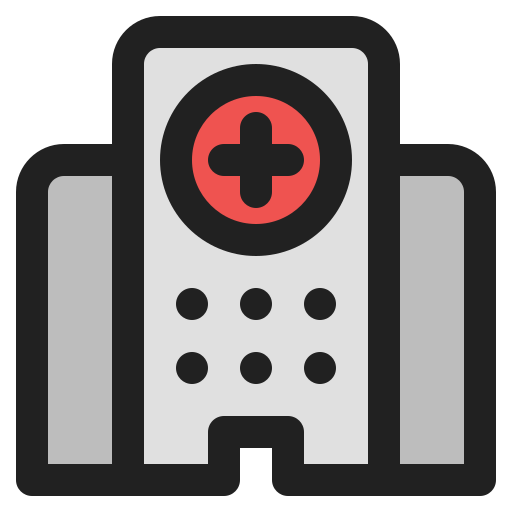When I Think of Nursing
When someone mentions the word ‘nursing’, what is the first thing that comes to your mind? For most people, the first image that pops into their head is a nurse in a white uniform, tending to patients in a hospital setting. However, nursing is much more than just a uniform and a hospital. It is a noble and crucial profession that encompasses a wide range of responsibilities and roles.
When I Think of Nursing, What Comes to Your Mind
Nursing has been around since the beginning of time, as caring for the sick and injured has always been a basic human instinct. However, it wasn’t until the 19th century that nursing developed into a recognized profession. Florence Nightingale, considered the founder of modern nursing, played a significant role in this transformation. Her efforts to improve the sanitary conditions in hospitals during the Crimean War and her dedication to patient care laid the foundation for the nursing profession as we know it today.
When I think of nursing, the first thing that comes to my mind is compassion. Nurses are known for their empathy and ability to provide compassionate care to patients. They are often the first point of contact for patients and their families, and they play a crucial role in easing their fears and worries. The presence of a caring and understanding nurse can make a significant difference in a patient’s recovery journey.
Nurses are also synonymous with hard work and dedication. They work long shifts, often sacrificing their personal time, to ensure that their patients receive the best care possible. They are responsible for monitoring and assessing patients’ conditions, administering medications, providing wound care, and assisting with medical procedures. They also play a critical role in educating patients and their families about their health conditions and how to manage them effectively.
However, nursing is not just limited to the hospital setting. Nurses play a vital role in the community as well. Community health nurses work tirelessly to improve the health and well-being of individuals and families in their local communities. They provide education and support for preventive care, manage chronic illnesses, and advocate for public health initiatives. These nurses often work in underserved areas, bringing healthcare services to those who may not have access to them otherwise.
Another aspect that comes to mind when I think of nursing is the constant need for learning and growth. Nursing is a continuously evolving profession, and nurses must stay updated with the latest advancements in healthcare. They attend conferences, workshops, and training programs to enhance their knowledge and skills. This commitment to lifelong learning ensures that nurses provide the best possible care to their patients.
Moreover, nursing is not just a one-dimensional profession. There are various specialties and career paths that nurses can choose from, such as pediatrics, oncology, critical care, and psychiatric nursing. This diversity within the nursing profession allows individuals to find their niche and pursue their passion. It also provides opportunities for nurses to advance their careers and take on leadership roles.
In today’s fast-paced and technology-driven world, nursing has also embraced the use of technology to improve patient care. Electronic medical records, telehealth, and other innovative tools have become an essential part of the nursing profession. Nurses must adapt and become proficient in these technologies to provide efficient and effective care to their patients.
In conclusion, when I think of nursing, I am reminded of the selfless individuals who dedicate their lives to caring for others. The compassionate and diligent nature of nurses, their commitment to lifelong learning, and their ability to adapt to change make them an integral part of the healthcare system. Nursing is much more than a job; it is a calling, and I have the utmost respect for those who choose to answer it.









